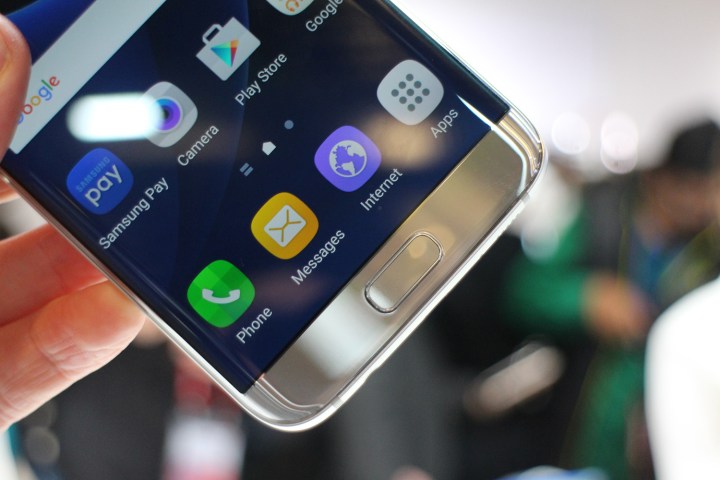
While at first glance this may seem counter-intuitive for owners of Google-branded devices, many of whom chose their Android phone out of a desire to avoid manufacturer-fronted duplicate apps and bloatware, Samsung’s browser is actually a full-featured replacement to Chrome with one significant advantage — support for ad blockers.
Run Samsung Internet with a third-party plugin like AdBlock Fast or Crystal, and in addition to avoiding intrusive banner and pop-up ads, web pages should also load more quickly, and you may even consume less data. Samsung introduced the functionality early last year, several months after Apple rolled out ad blocking for its Safari browser with iOS 9.
Since then, Chrome has been the odd one out of the three major mobile browsers when it comes to embracing the feature. This was not terribly surprising, given Google’s dependence on ad revenue. In the past, however, Pixel and Nexus devices didn’t have the ability to run Samsung’s browser, so this expansion to non-Samsung hardware may put a little more pressure on Google.
A study released exactly one year ago reported 25 percent of mobile users had some form of ad blocking installed on their device, and projected a rise to 80 percent by the end of 2017. Shortly after iOS 9 released, The New York Times conducted its own tests and corroborated the proposed benefits of ad blocking — namely, faster load times, significantly decreased data usage, and even a modest gain in battery life.
In addition to ad blocking, Samsung’s browser boasts support for DuckDuckGo search, 360-degree videos, Progressive Web Apps, QR reading, an Amazon shopping assistant that pits prices against the online retailer’s own, and the ability to make purchases with Samsung Pay. There’s also CloseBy, a feature that recommends websites and information based on the user’s location.
Samsung originally spun off its browser to the Google Play store to deliver faster updates, a trend many phone makers have followed with their own app suites over the last several years. Unlike Internet, the majority of Samsung’s apps have not been made compatible with non-Samsung Android devices.

